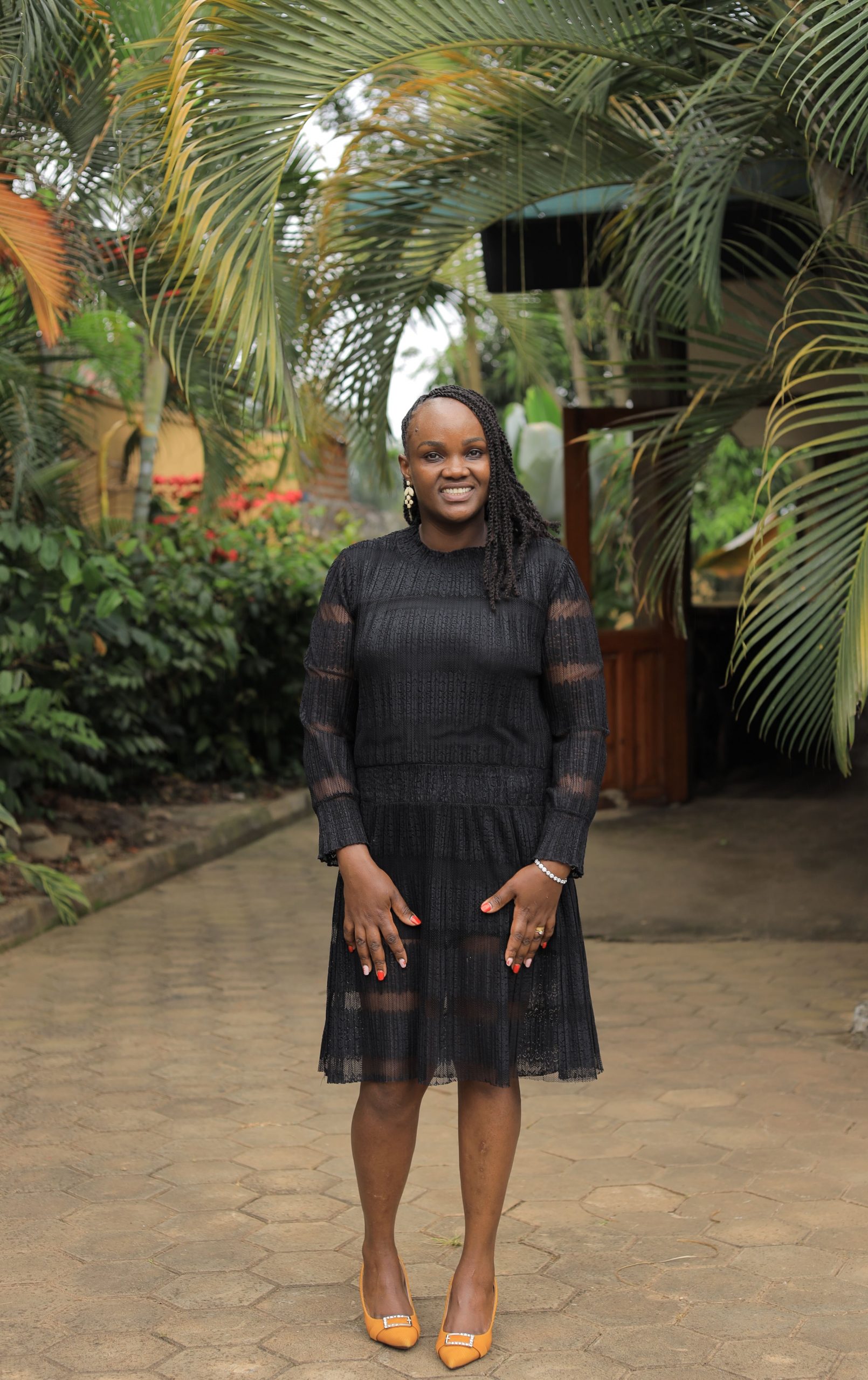
When I made the leap from business administration to social work at CMU, I thought I was simply transitioning into a career focused on helping people. What I didn’t expect was how deeply the program would challenge and transform me, both academically and personally. I was used to structure, reports, and numbers, but social work introduced me to something quite different: deep personal reflection, cultural awareness, and even role play. Yes—role play! Here’s what I wish I’d known before starting the program.
1. Indigenous teachings will deeply impact you for the better
One of the most meaningful parts of the program for me has been learning from Indigenous worldviews and practices, whether it’s understanding the significance of the medicine wheel or perspectives on land, community, and healing. It has not only informed my approach to social work, but it has also enriched my own personal life. Indigenous teachings aren’t things you learn about for the sake of assignments—they change how you think, live, and connect with others. The teachings have truly grounded me in new ways of understanding healing, spirituality, and connection.
2. Social work is multidisciplinary
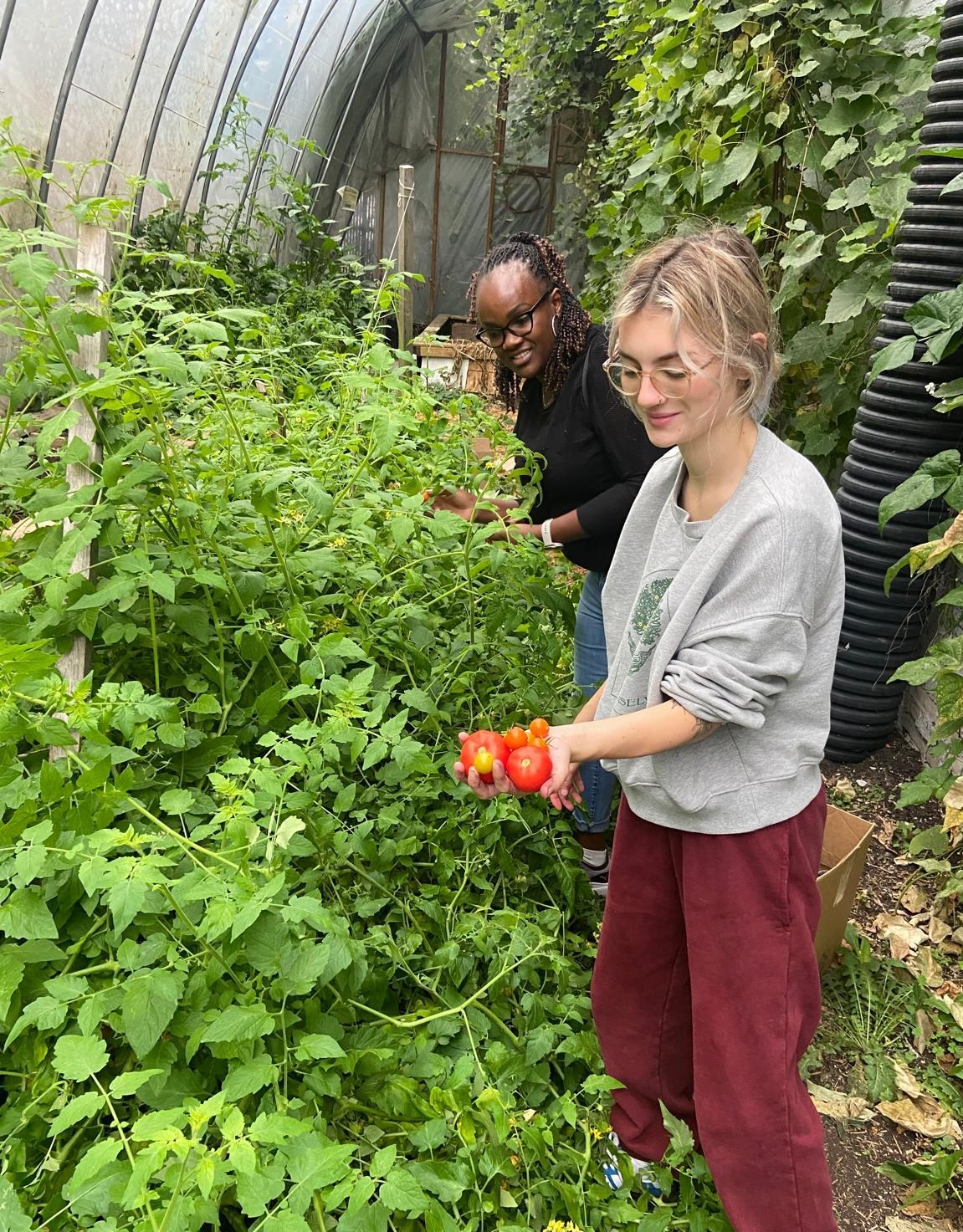
Initially, I imagined that I would mainly be learning about casework and advocacy with a focus on how to help people and communities. I had not figured how deeply social work intersects with other disciplines. Like seriously, why would I need to be in a science or theology class? At first, it felt intimidating to draw connections across disciplines, but it’s this overlap that makes the field unique. I’ve come to understand that social work doesn’t operate in its own bubble. CMU’s course advising support has been invaluable in navigating this journey.
3. You don’t just think about social work—you do it
One of the biggest surprises for me was how experiential social work is. Coming from a business background, I didn’t expect to be doing so much role play, mock interviews, navigating difficult conversations, and learning how to sit with tension. These moments can be uncomfortable, but they’ve also been the most powerful. They’ve helped me develop critical skills like empathy, active listening, and boundary setting. My prof made it look so easy to even record myself on video!
4. You won’t go through it alone
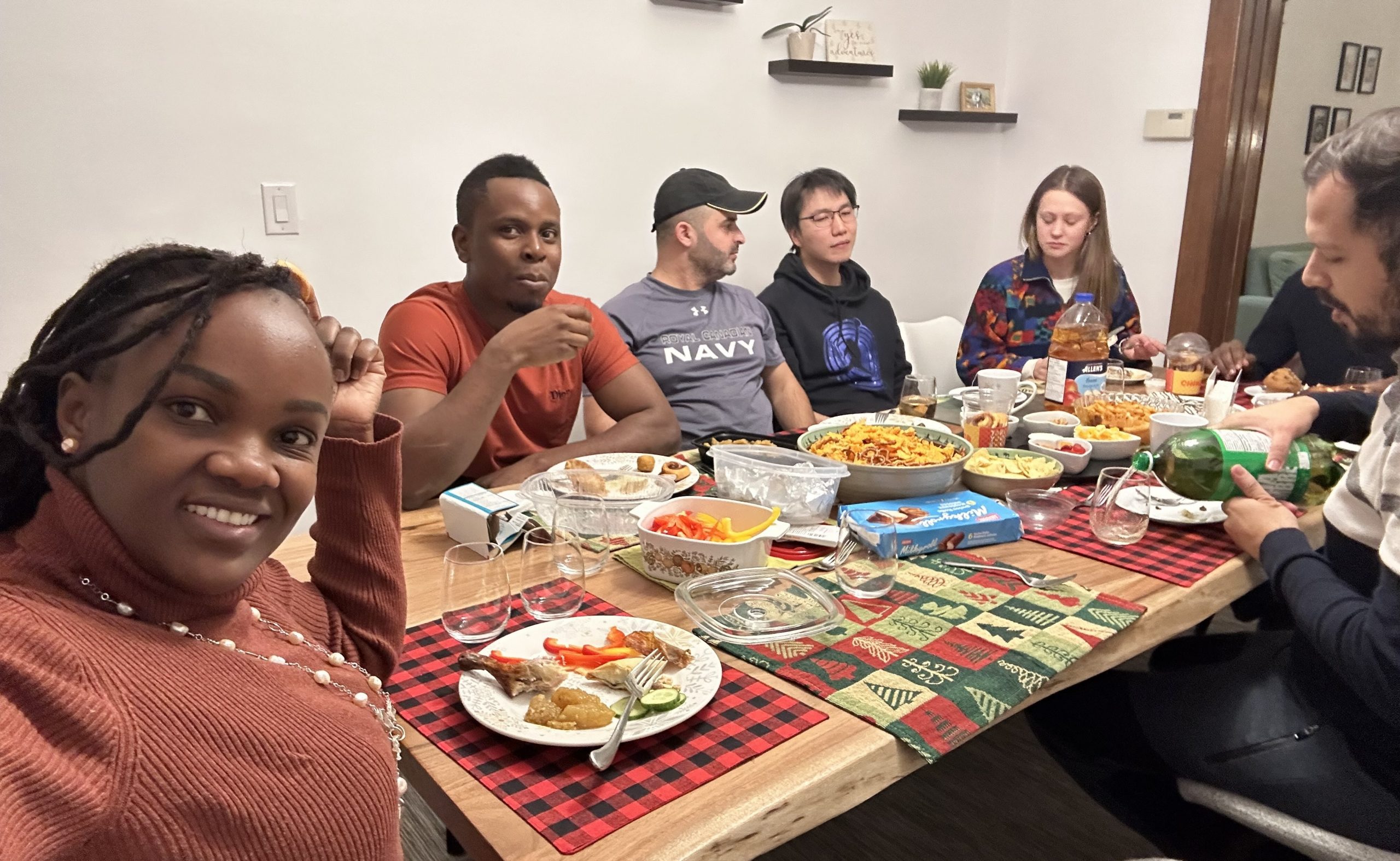
Something else I didn’t anticipate was how deep the friendships would become in this program. CMU is a smaller university, and since our social work program includes a lot of discussion, you end up really getting to know your classmates—not just as students, but as people. There’s a sense of a shared journey, especially when you’re tackling complex topics or heading into practicum. I’ve made some of my closest friends here. They’re the kind of friends who truly understand what it means to hold space for others, and who are willing to hold space for you too. This has really been helpful whenever I am homesick. The hugs, the chocolates…
5. Field placement is exciting and very real
Field education starts in third year, and it’s one of the most formative parts of the program. You’re placed in real community organizations, working with people facing complex challenges. It’s a big step from the classroom theories and can be overwhelming at first. However, I am not expected to know everything. The point is to grow. I am doing my placement with a settlement agency for newcomers and refugee claimants. Here, I support clients to settle in Canada, assess social services, and build community connections. This placement allows me to practice case assessment and intervention skills that I have learnt in class. I am also learning a lot from my field supervisor and clients who come from diverse cultural backgrounds. I am reminded to consider my own identity, and to ask questions to learn the client’s story from their own perspective. Giving clients self-autonomy is very key in developing therapeutic alliances with the people we support. There’s so much support built into CMU’s program, from field seminars to reflective supervision, to help me grow and discover my strengths and interests.
6. Self-care isn’t optional, it’s essential
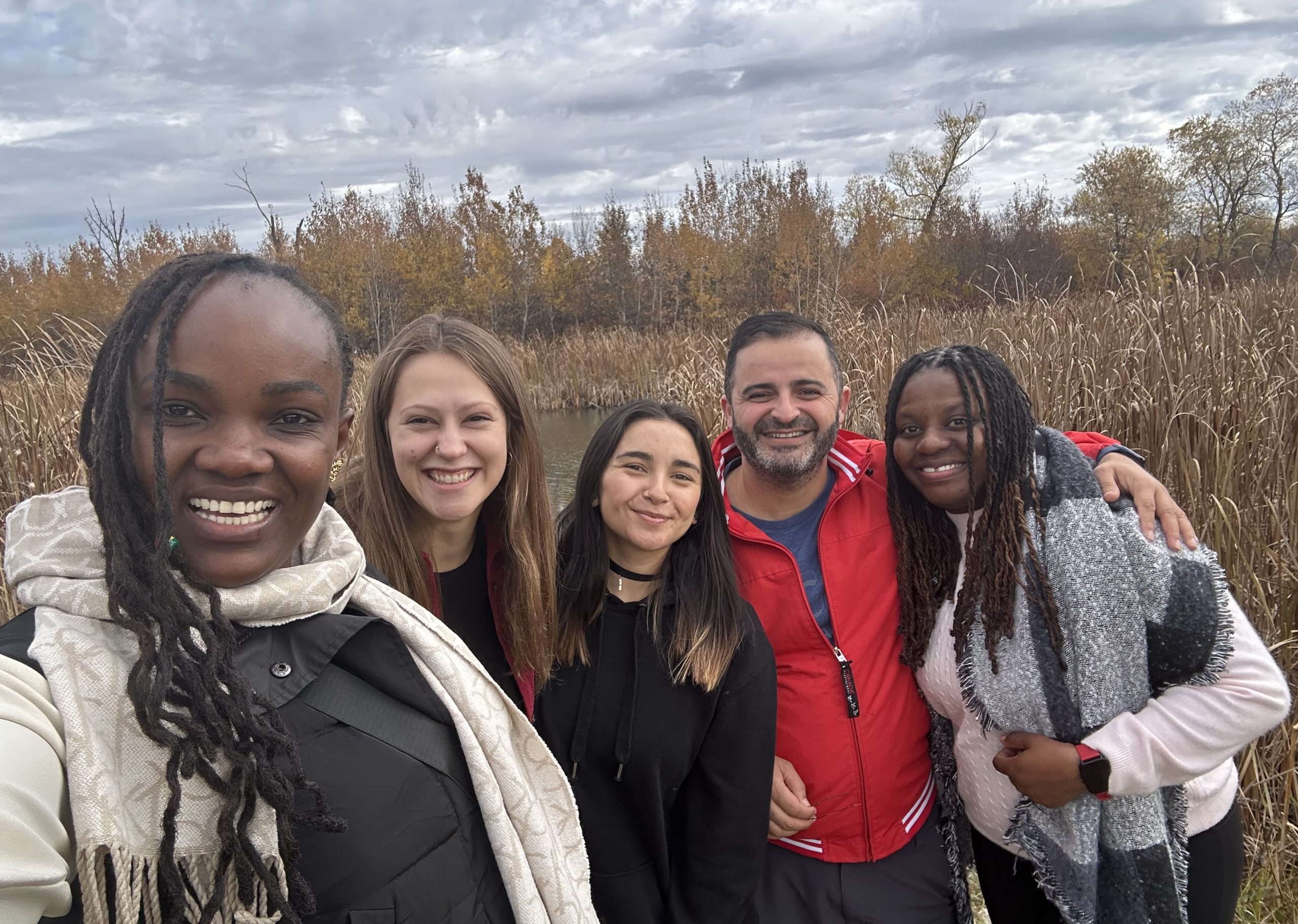
Social work can be emotionally demanding. To show up for others in a way they need, I have to take care of myself mentally, physically, and emotionally. Learning to set boundaries and prioritize rest, reflection, and seeking therapy has been just as important as any academic skill I’ve gained from the program. Seeking therapy is normalized.
7. You’ll be personally and professionally challenged—your social location is key in the BSW
The BSW (Bachelor of Social Work) doesn’t just teach you how to help others—it stretches you to think critically about theories, systems, how to sit with discomfort, and how to hold multiple truths at once. You’ll wrestle with your own identity, values, and assumptions. I didn’t know how deeply personal social work would become by challenging me to examine my identity in the system. You’re always being asked to consider who you are, where you come from, and how that affects the work you do. This was a shift for me, as initially my identity often felt separate from my work. It can be uncomfortable but it’s also what makes social work meaningful. You’ll grow as much personally as you do professionally.
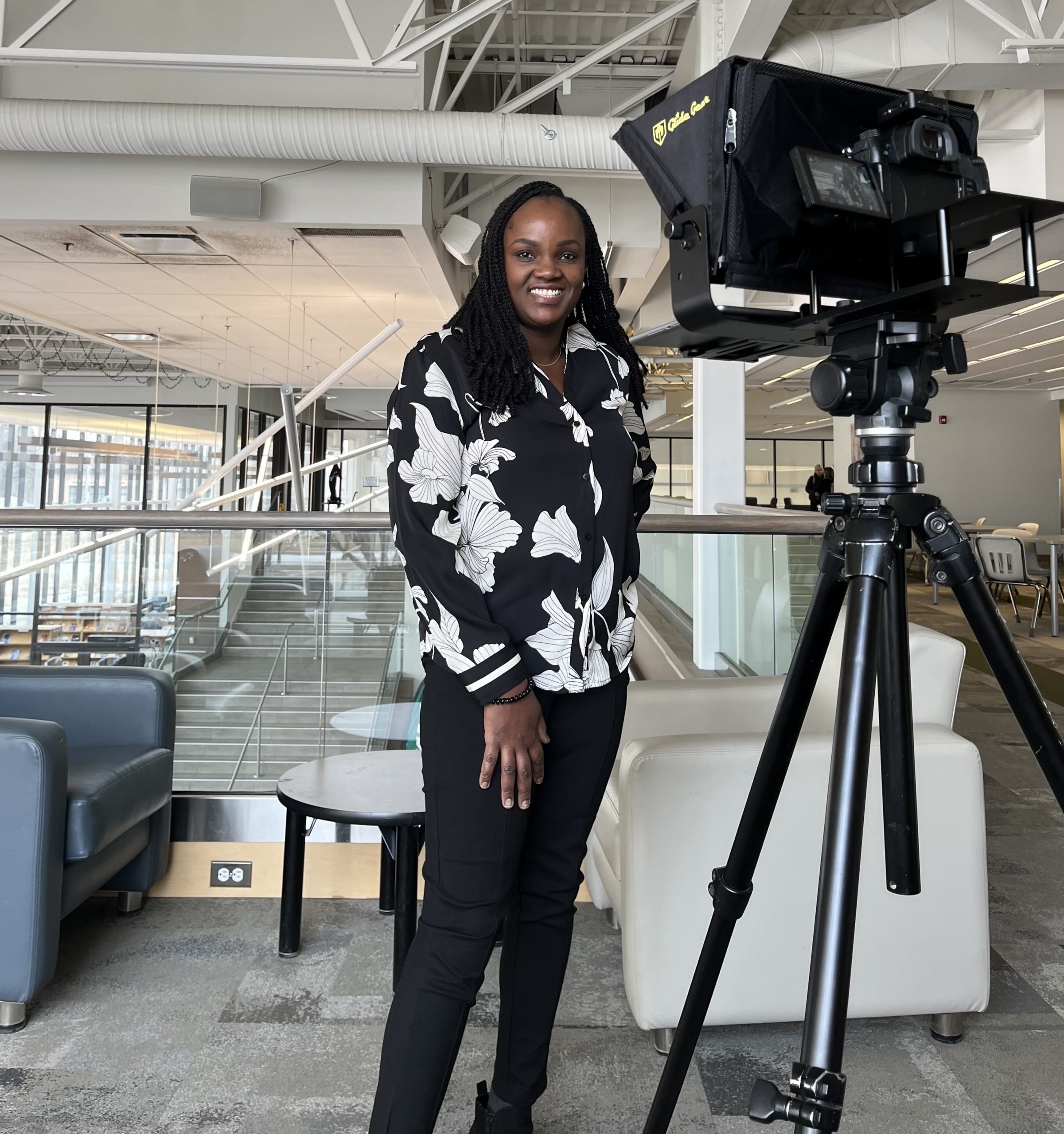
Social work at CMU is more than just an academic program—it’s a community. Be ready to be challenged, supported, and transformed. You will be challenged in your thinking, in your assumptions, and in your heart. I came in thinking I was here to give to others, but surprisingly I am also receiving by learning about myself along the way. If you’re considering this journey, know that it’s one you won’t go through alone.
Kate Muthuri is a third-year Bachelor of Social Work student.

